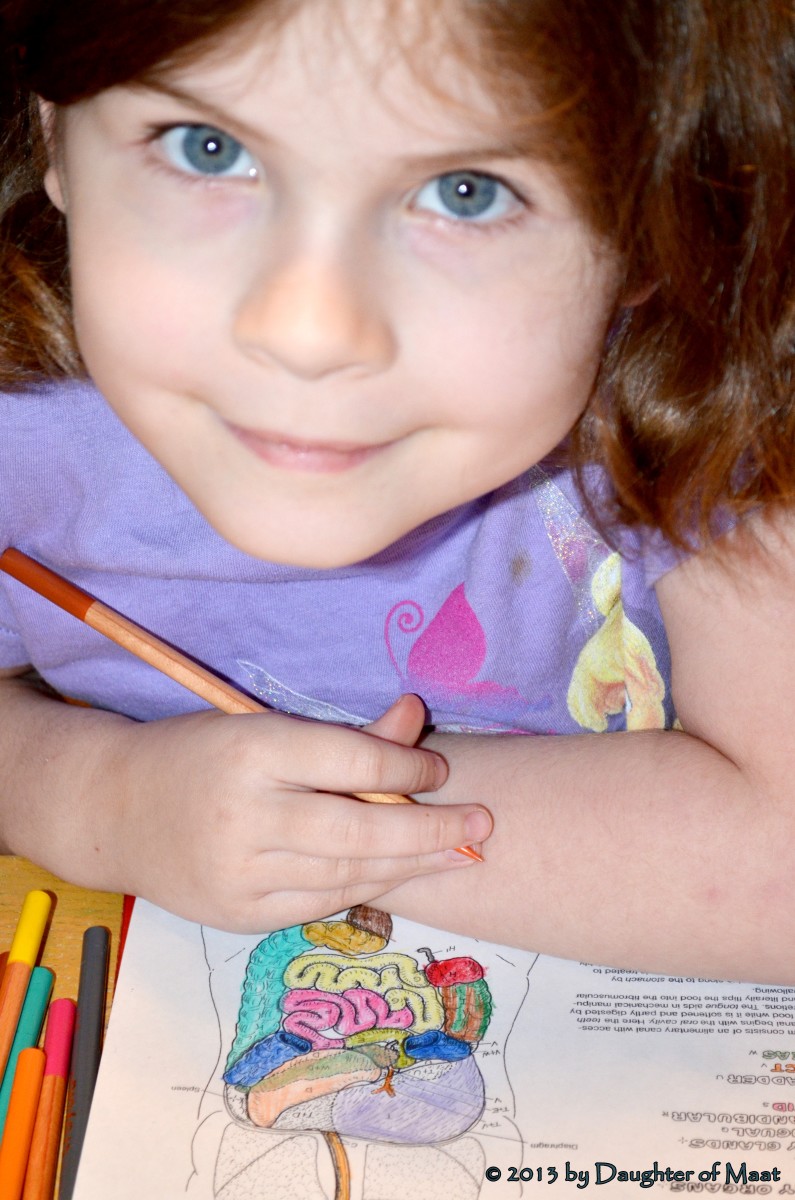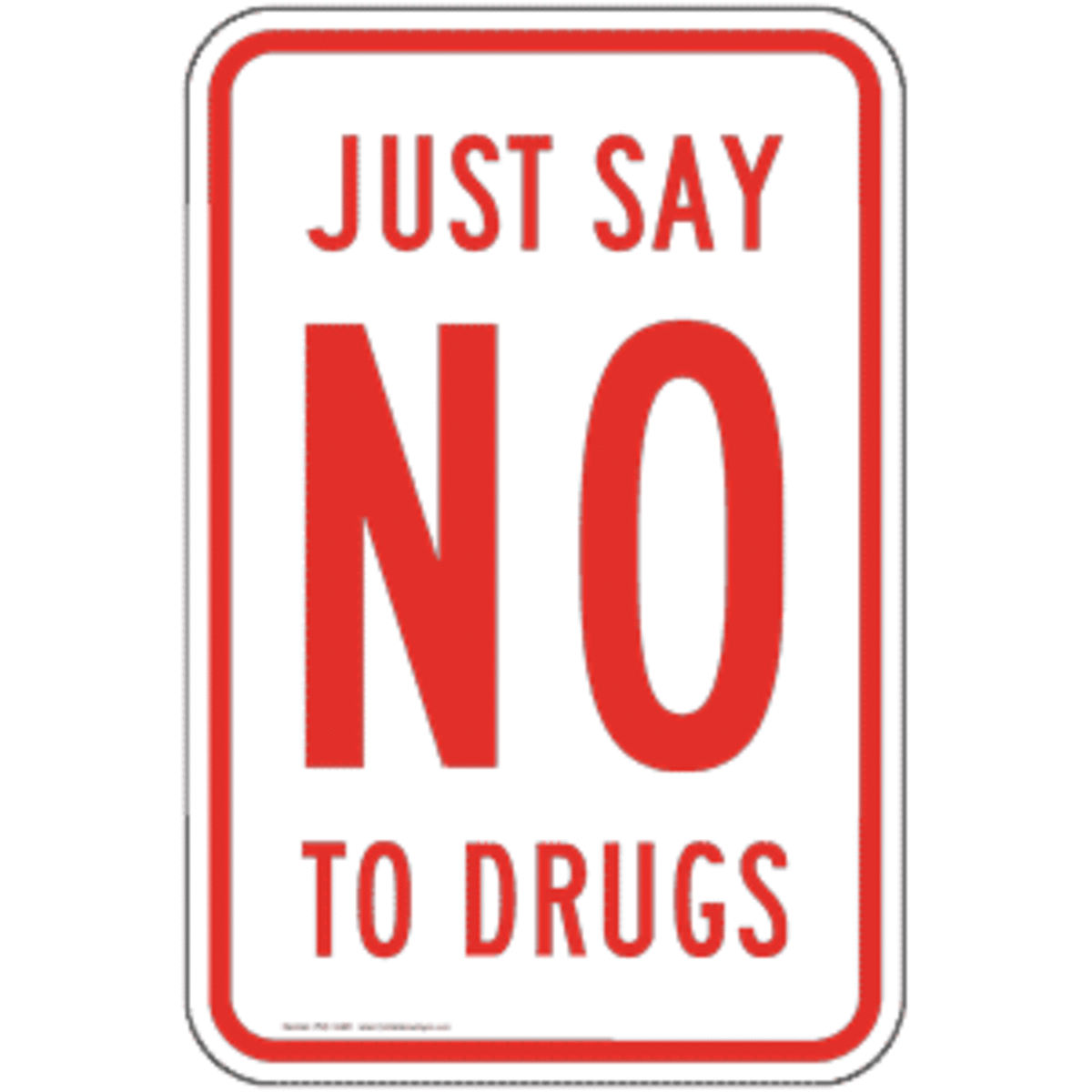ADD or ADHD in Teens

What is Attention Deficit Disorder?
Attention Deficit Disorder (ADD) is a group of symptoms focused on one's attention span or lack there of.
Symptoms of ADD
- Easily distracted
- Irritable
- lacks concentration
- Hyperactive
- Impulsive
- carelessness or rushing through tasks
- difficulty finishing projects
- forgetfulness
- racing thoughts apparent through conversation
- procrastination

During teen years, especially as the hormonal changes of adolescence are going on, symptoms of AD/HD may intensify or change dramatically warranting an additional or different diagnosis.
ADD and ADHD One in the Same?
In the "old days" the two diagnoses stood alone.
Now a days ADD and ADHD are co-mingled, since the diagnostic criteria is virtually the same.
A diagnosis of AD/HD is now more common then picking either or. Hyperactivity (which is what the H in ADHD stands for) is considered optional for a diagnosis. In other words ADD and ADHD are virtually the same disorder with an added symptom that a person may or may not exhibit.
The official term is AD/HD (Attention-Deficit/Hyperactivity Disorder).
Hyperactivity no longer warrants a separate diagnosis as it once did.
Do I Have AD/HD?
Answer the 8 simple questions below to see if you or your loved one possibly has AD/HD.
AD/HD Quiz
view quiz statisticsIs AD/HD the Right Diagnosis?
Frequently a diagnosis of AD/HD is seen in the younger population, when a patient ages (or goes through puberty for example) more symptoms may present themselves and warrant either a separate diagnosis or a new diagnosis all together.
Often times AD/HD coexists with other conditions including learning disabilities, anxiety disorders, and or other mood or personality disorders. Later in life a person who was diagnosed ADD, ADHD, or more recently AD/HD may or may not be diagnosed with other mental disorders, symptoms, or illness.
Teens may find themselves confronted with an additional diagnosis of Oppositional Defiant Disorder or Conduct disorder.
As with any disorder or illness proper diagnosis by a trained professional is essential to proper treatment.
Behavioral Disorders and Teens: The Many Factors
Teenagers bring to the table many "symptoms" that often mimic AD/HD.
They tend to be restless, carefree, defiant, and uninterested in things outside their "world". All to often a diagnosis of AD/HD is given to a child or teen based on an evaluation of a teacher, co-worker, sitter, or friend.
A trained professional is the only person able to diagnosis your child with AD/HD and is qualified to help before, during, and after treatment.
Ruling out all possible causes before labeling a child AD/HD is important in diagnosis.
For instance, outside influences such as drug abuse, and/or stimulant abuse can mimic symptoms of AD/HD. Hereditary issues should be taken into consideration as well as the child's home life.
More Resources
What to do if you or a loved one have ADD/ADHD
Discuss symptoms with your doctor, ask for advice, and local resources to help you help your loved ones.
Keep in mind that successful AD/HD management usually involves some combination of medications, behavior therapy, lifestyle changes, and counseling. Treatment will be unique to the individual, based on severity, and to what degree the symptoms are controlling his or her life.
Treatment for AD/HD is lifelong but requires only maintenance and understanding of treatment after initial evaluation by a trained professional.
Only children with severe AD/HD symptoms should be considered for medication as a first-line treatment option.









